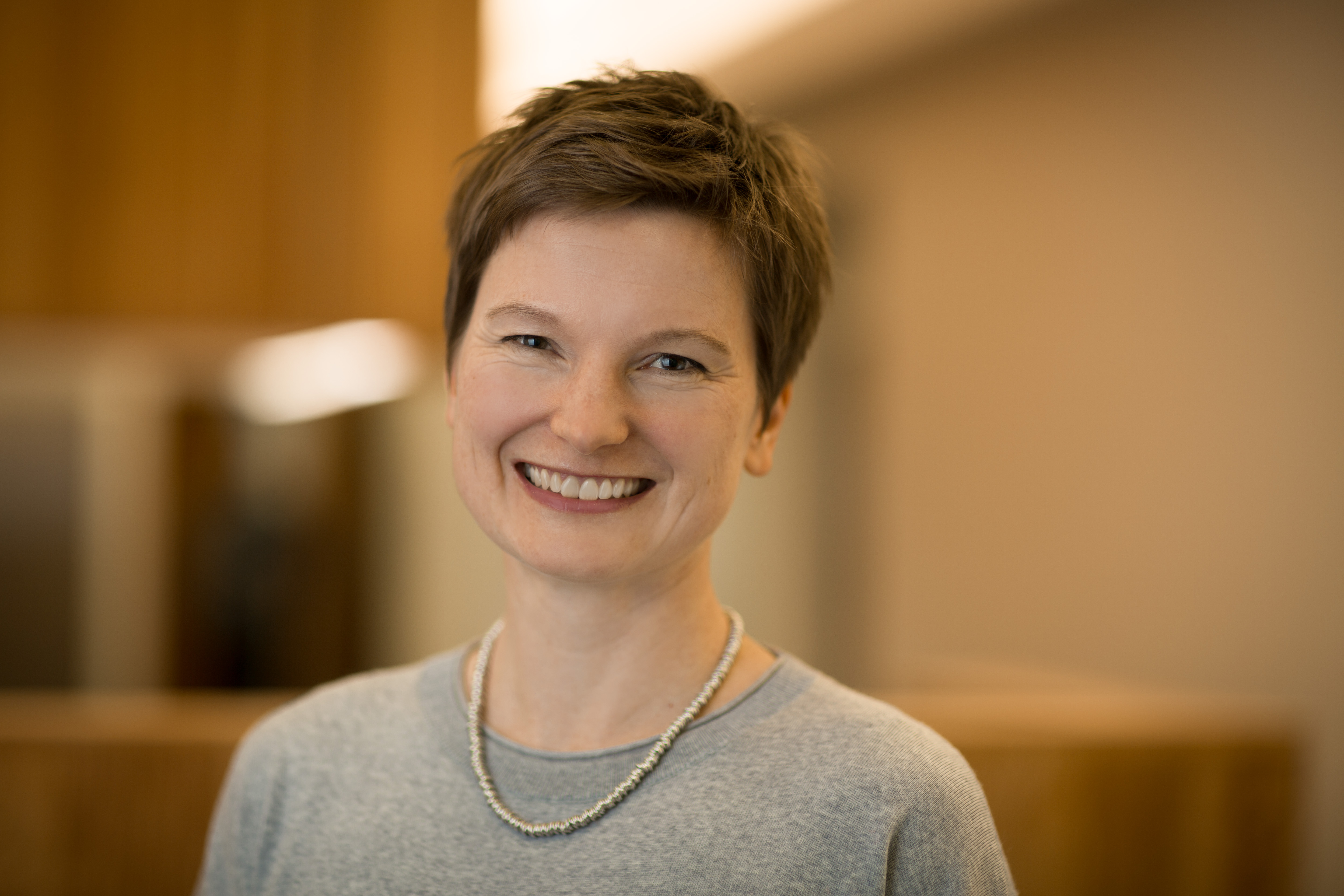Prof Ulrike Gruneberg awarded a Discovery Programme Award by CRUK
These prestigious 5-year grants from Cancer Research UK (CRUK) “provide long-term support for outstanding established scientists in basic or translational research fields” under CRUK’s overarching aim: “to bring forward the day when all cancers are cured”.
Prof Gruneberg first established her research group at the University of Liverpool, joining the Dunn school in 2013, and her group studies the segregation of chromosomes. When our cells replicate, they first have to copy their DNA, which is organised into structures called chromosomes. They then split their doubled chromosomes equally into two progeny cells, so that each one inherits an identical set. Our cells employ a number of mechanisms to ensure that each progeny cell is a perfect replicate of the “original” cell; particularly, that each progeny cell has exactly one copy of each chromosome. Failure of these quality assurance mechanisms correlates with cancer in humans. Interestingly, the vast majority of solid tumours in humans contain an abnormal copy number of chromosomes.
This CRUK funding will support the Gruneberg group in their research efforts to study the mechanisms that control the proper segregation of the doubled chromosomes, hence providing details on how this quality assurance is maintained. Understanding this will provide important insights into the biology behind cancer formation and progression, as well as suggest new potential drug targets.
Prof Ulrike Grunberg said: “I am very excited about having been awarded this CRUK programme grant. It will allow us to push our science to the next level, and gain more insight into how genome stability in mammalian cells is safeguarded – work that ultimately will help progress cancer research.”
Written by Shaked Ashkenazi (Freeman Lab)
